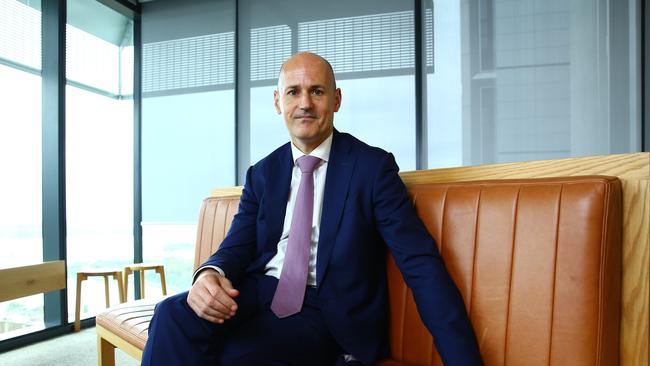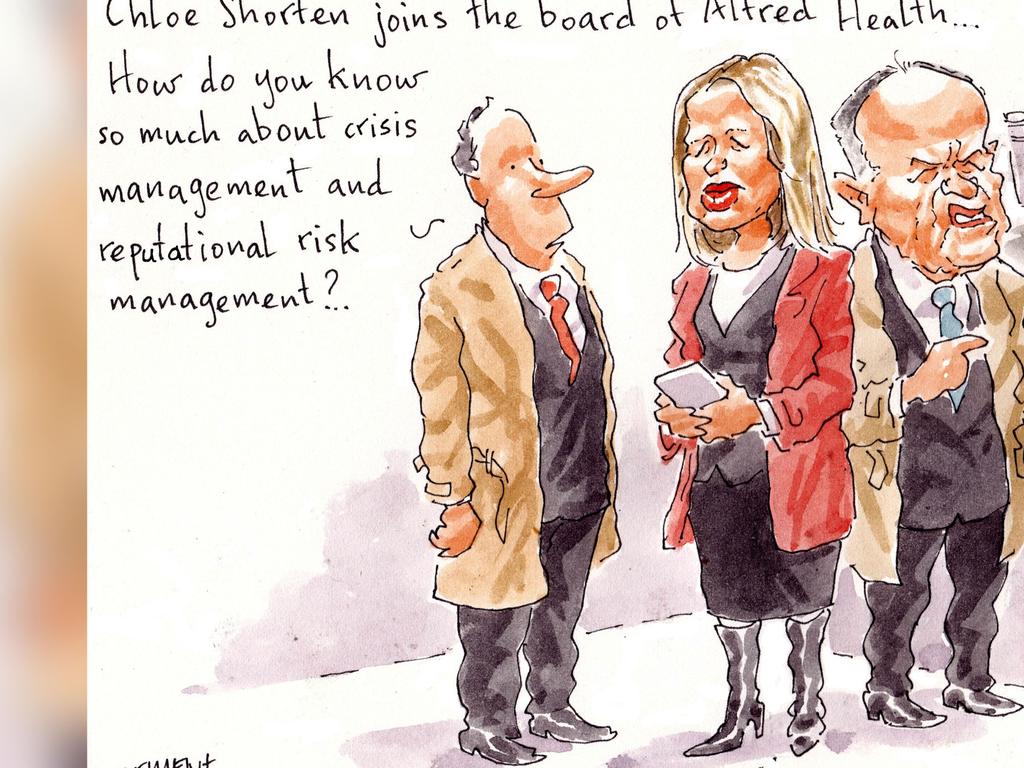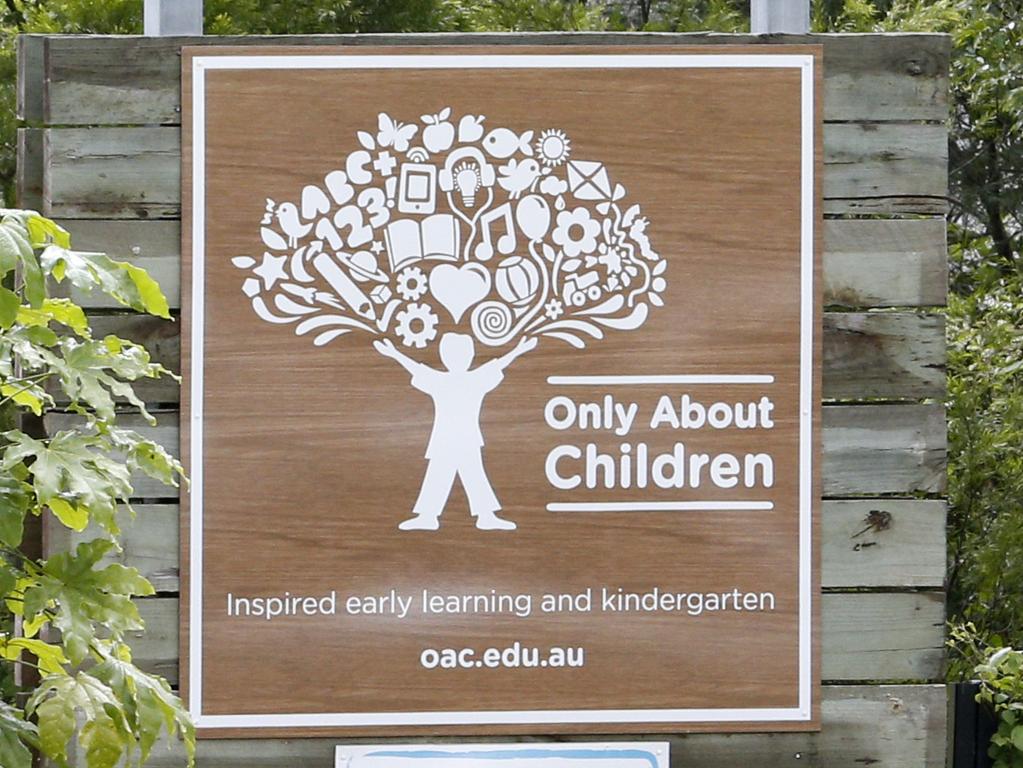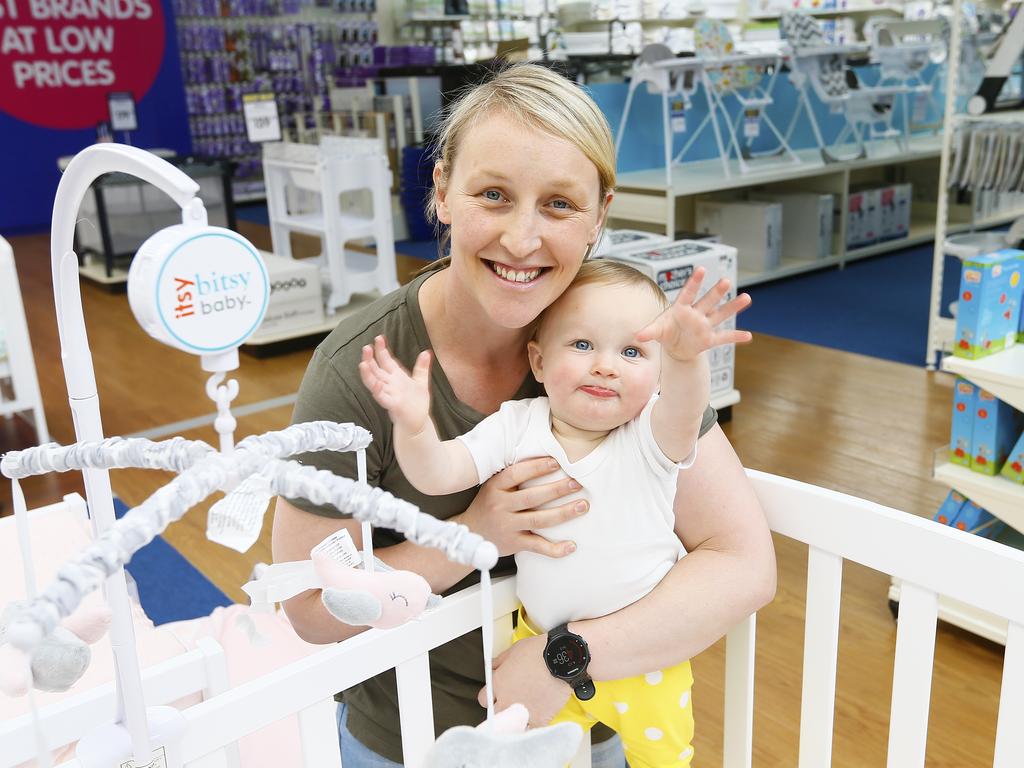
If the reaction to the JobKeeper announcement was any guide, this case will be boosted if Josh Frydenberg impresses on Thursday with a credible pathway out of the virus-created fiscal hole.
QBE was a case in point, flagging a worse than expected $US750m ($1.05bn) loss for the first half on expected COVID-19 costs of $US600m or more, but its stock rose on the day by 1.7 per cent to $9.83.
Analysts forecasts were all over the place, in part because of uncertainty over COVID-19, which will take $US335m from the bottom line in the first half, according to QBE. COVID-19 will be a wildcard in the coming earnings season, and predicting future earnings will be even harder because, on the evidence of Victoria, no one really knows whether the government can rein in the virus.
Market reaction to results is also affected by recent trading performances so, if a stock has been hammered, a glimmer of good news can provide a boost and in QBE’s case it was clear evidence that premiums are rising.
That is the benefit of operating in a concentrated industry.
In the US earlier this week, United Airlines reported a $US1.6bn loss for the June quarter but said cash burn per day had eased from $US40m to $US25m, and its stock price rose 2.3 per cent to $US33.07 (down from $US94.45 a year ago).
The Coca-Cola Company said June quarter revenues fell 28 per cent and earnings fell from $US2.6bn to $US1.8bn, but its stock price also closed higher, in the lower end of its 52-week trading range.
The stockmarket is meant to be a forward-looking indicator, so when Coke finance chief John Murphy said the worst was over, that was good enough.
The good news for QBE came in premium increases by 10.1 per cent for the group. Renewal rates were also up strongly in the half.
But this was a profit warning from QBE chief Pat Regan, which explained the early peak into his figures that showed the combined operating ratio at 104 per cent.
This measures costs and claim payouts against premiums and, when it is over 100 per cent, it means the company is going backwards.
Regan was able to say once the direct $US335m COVID-19 hit was excluded, the operating ratio was a more palatable 98 per cent.
The company did confide of tough markets in trade credit, workers compensation, business interruption insurance.
When insurance companies say markets are tough, that means its customers have it worse.
Catastrophe losses were also higher than expected in North America and Australia, which started the year with storms and bush fires.
Dividends relief
APRA boss Wayne Byres provided some good news for investors when he made clear controls on bank dividends would be eased, giving the banks more freedom.
ANZ and Westpac both deferred dividends in the first half, but are unlikely to make any changes when unveiling third-quarter numbers next month.
UBS is tipping CBA will pay $1.50 a share in dividends, down from $2.30 for the full year last year.
Given the weakness in the economy, the market is still rewarding the banking oligopoly for capital strength.
Insurance inquiry
Small business ombudsman Kate Carnell will launch an inquiry into the insurance industry in the wake of its treatment of clients during the COVID-19 pandemic.
Small business has been hit hard in sectors such as trade credit and business interruption insurance, where the big insurers such as QBE have overnight cancelled business because it was looking to be uncommercial.
Trade credit insurance is taken out by companies to ensure customers pay for goods. This includes small companies supplying bigger buyers such as Myer and David Jones.
Post-COVID-19, QBE has apparently decided the cost of trade credit insurance on the same term for suppliers to both retailers is uncommercial.
Insurance broker NCI releases a quarterly index of trade credit insurance, with the latest quarter being the worst for seven years.
The index measures the amount of claims, the amount collected, so-called nil endorsement, where insurance is denied and overdue returns.
The insurance industry has had a tough time during COVID-19 and its customers an even worse time because, having paid premiums for years, when they actually want to make a claim they have found the insurance company has a loophole.
The question customers want answered is what is the point of insurance if the provider simply hides behind closed doors when they are needed.
That is the issue to be debated in Carnell’s inquiry.
The industry disputes the charges, saying the exclusions like pandemics for travel insurance are made clear when people buy policies. It equates the issue with wagering, where people only remember the winners.
Small business in particular is affected during COVID-19.
The inquiry is aimed at working out just what has gone wrong and what can be done about it.
QBE is regarded as one of the more aggressive operators, but one of the problems in the industry is that it is highly concentrated, which means consumers have little choice between suppliers.
Pahari pops up
AMP Capital boss Boe Pahari finally emerged on Tuesday unveiling his new management team, with a clear emphasis on North America and Europe.
This is where he is based and the bulk of non-AMP investors, so there will be no surprise when his August 13 strategy briefing will be focused on the northern hemisphere.
Pahari is being slated to include his plans during the company’s earnings report that day and also to meet with Australian-based shareholders.
Since his mid-June appointment, the company has faced a string of reports over reported protests of his appointment replacing highly regarded Sydney-based Adam Tindall.
The concerns were over known sexual harassment allegations, which were considered by the board and investigated by a QC showing there were eight allegations against Pahari by the same person on one night, of which five were dismissed and three were admitted by both parties.
None of which is meant to support Pahari — they are just the facts presented to shareholders.
Property boss Carmel Hourigan is headed to Charter Hall and will be replaced by her deputy, Kylie O’Connor.
Pahari kept the gender balance among his direct reports about the same, including new finance boss Aideen O’Donovan, existing chief risk officer Natalie Kooyman and joint HR roles between Lisa Hurley and Lauren Crystal.








The good news for Australian corporates is that, based on US investor reactions, shareholders will be willing to see through short-term COVID-19 losses if underlying trends are good.